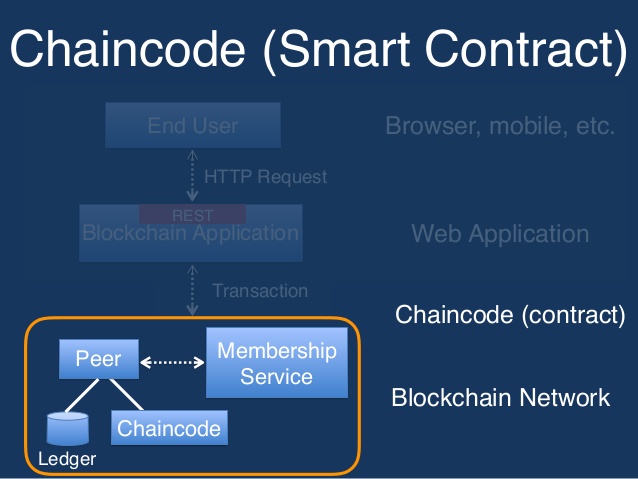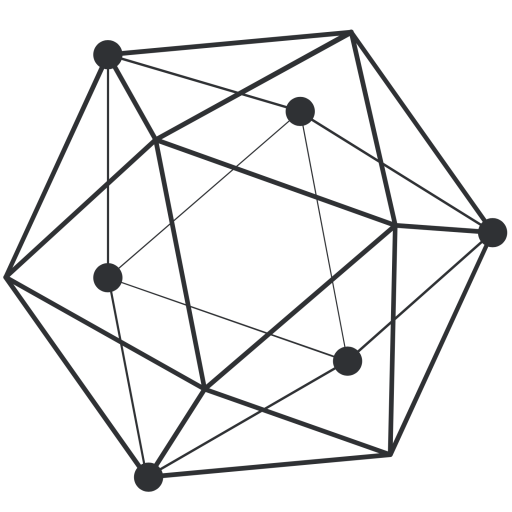Chaincode is a program, written in Go, and eventually in other programming languages such as Java, that implements a prescribed interface. Chaincode runs in a secured Docker container isolated from the endorsing peer process. Chaincode initializes and manages ledger state through transactions submitted by applications.
- Install Fabric Samples
- Get fabricsamples repository in your local machine by typing this command git clone https://github.com/hyperledger/fabric-samples.git
- Enter into chaincode-docker-devmode directory of the fabric-samples cd chaincode-docker-devmode
- Install Binaries and Docker Images
- Execute the following command from within the directory into which you will extract the platform-specific binaries curl -sSL https://goo.gl/kFFqh5 | bash -s 1.0.6
- Start the network in one terminal docker-compose -f docker-compose-simple.yaml up
- Open Another terminal enter in to chaincode conatiner and run any chaincode, Here we are running chaincode_example02 present in chaincode directory. docker exec -it chaincode bash
- You should see the following root@d2629980e76b:/opt/gopath/src/chaincode#
- Now, compile your chaincode cd chaincode_example02 go build
- Now run the chaincode CORE_PEER_ADDRESS=peer:7051 CORE_CHAINCODE_ID_NAME=mycc:0 ./chaincode_example02
- Here u will see all transactions done by this chaincode.
- Open Another Terminal and enter into cli and operate chaincode docker exec -it cli bash peer chaincode install -p chaincodedev/chaincode/chaincode_example02 -n mycc -v 0 peer chaincode instantiate -n mycc -v 0 -c '{"Args":["init","a","100","b","200"]}' -C myc
- Now issue an invoke to move 10 from a to b. peer chaincode invoke -n mycc -c '{"Args":["invoke","a","b","10"]}' -C myc
- Finally, query a. We should see a value of 90. peer chaincode query -n mycc -c '{"Args":["query","a"]}' -C myc

